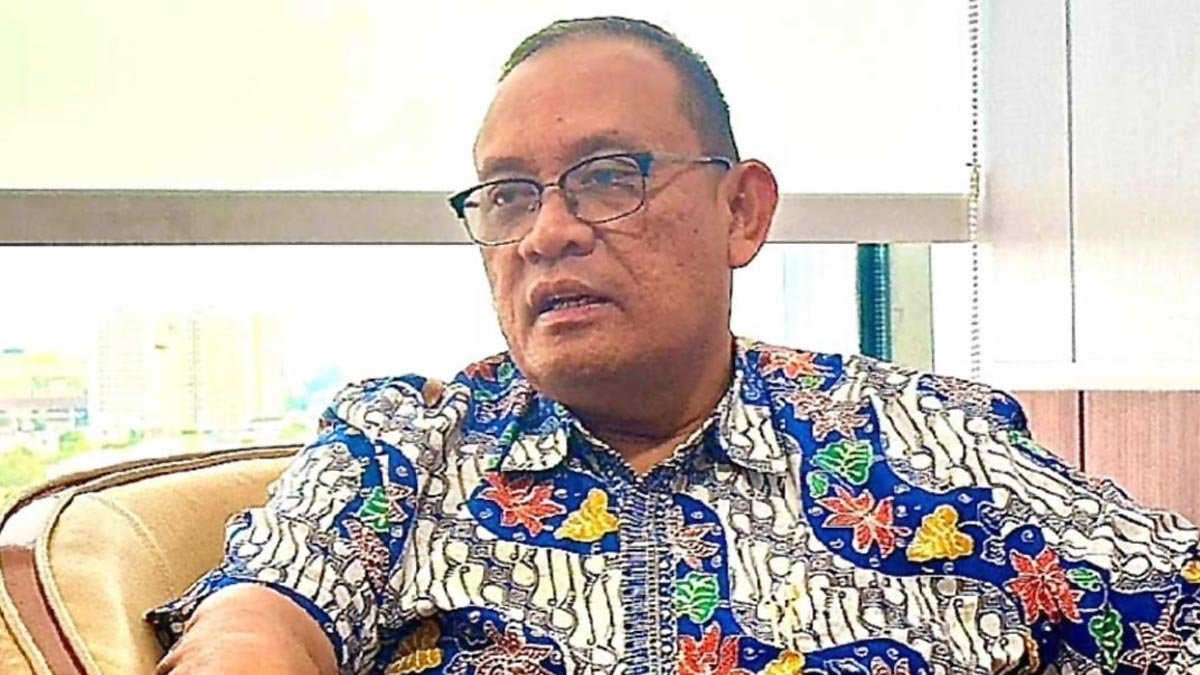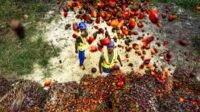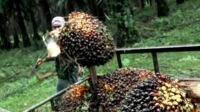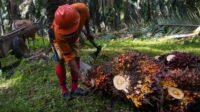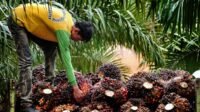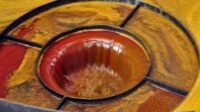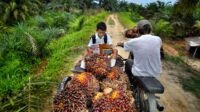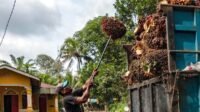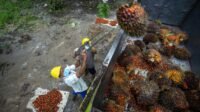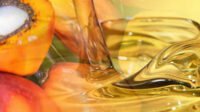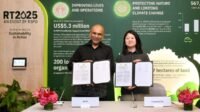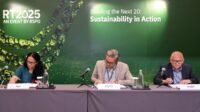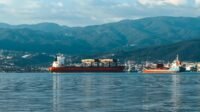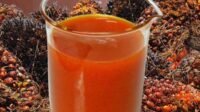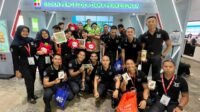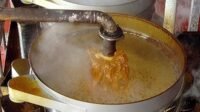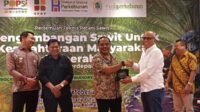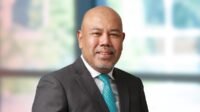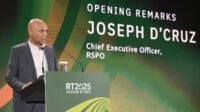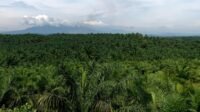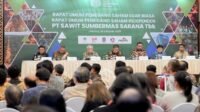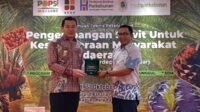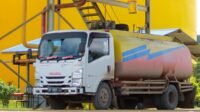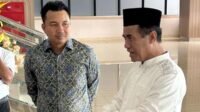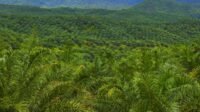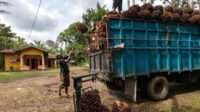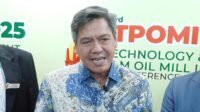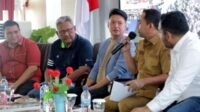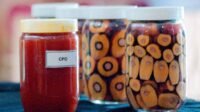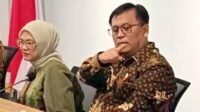PALMOILMAGAZINE, JAKARTA — Zulham S. Koto clearly remembers the exact moment he first connected with PT Agrinas Palma Nusantara (Persero).
“November 10, 2024, at 11:03 AM,” he said with a smile, recalling the phone call that would redefine his long-standing career in the plantation and energy sectors.
That call came from Lt. Gen. (Ret.) Wisnoe Prasetja Boedi, the President Commissioner of Agrinas. “He said, ‘I’m interested. I want to learn about palm oil,’” Zulham recalled—words that would mark the beginning of his journey with a state-owned enterprise now managing more than 480,000 hectares of oil palm plantations across Indonesia.
For most, such a number would seem unrealistic. While global palm oil giants often take decades to reach 50,000 hectares, Agrinas has surged forward with speed and strength—what Zulham compares to Gatotkaca, the mythical warrior with steel muscles. “It’s a baby, but already built like iron,” he joked.
Also Read: Agrinas Palma Nusantara Restructures Leadership to Accelerate Agribusiness Transformation
Zulham wasn’t a newcomer. Before his appointment as Director of Business and Commercial, he had already served on Agrinas’ Audit and Nomination & Remuneration Committees. Now, he holds a key mandate: to build operational systems, develop high-value products, and ensure Agrinas’ integrated business—from plantations and mills to exports—runs with precision.
With decades of experience in both the energy and palm oil industries, including at a U.S.-based multinational, Zulham immediately embraced Agrinas’ bold vision: national energy independence. This vision aligns with President Prabowo Subianto’s push to advance B100 biodiesel.
“If we’re serious about energy sovereignty, we’ll need an additional six million hectares of oil palm,” he said.
“Out of the current 17 million hectares, much is already allocated for food, pharmaceuticals, cosmetics, and other sectors. For B100 to be feasible, we need new plantations—without disrupting the existing palm oil ecosystem.”
From Seized Assets to National Strength
Agrinas manages more than just ordinary plantations. Much of its land consists of state-confiscated assets—formerly owned by companies such as Duta Palma Group, PKH, and Torganda. These lands were once idle or caught in legal battles. Today, through professional management, Agrinas has transformed them into productive sites supplying crude palm oil (CPO) to various industries.
“Building even 10,000 hectares is a massive task for most companies. We’re managing nearly half a million hectares in under a year. That’s extraordinary,” Zulham said, praising the collective effort of his team.
However, he’s fully aware of the immense challenges behind this rapid expansion: damaged infrastructure, poorly maintained roads, aging mills, and cultural differences between the many previously independent companies that now fall under Agrinas.
“This isn’t just about business—it’s a national reconstruction project,” he said.
One of the toughest challenges is harmonizing hundreds of former business units, each with its own working culture.
“Some move fast, others slow. We have to get everyone on the same rhythm,” Zulham noted.
To support this, Agrinas has established a core value system rooted in Patriotism, Loyalty, and Professionalism, alongside essential principles like discipline, honesty, and accountability.
“If we want world-class CPO, we need world-class talent,” he stated firmly.
From Bulk Oil to Premium Class
Zulham is now designing Agrinas’ product roadmap, which aims to elevate the company beyond just being a commodity supplier. The goal is to produce differentiated products—standard, premium, and super-premium grades of CPO.
“With the same plantation and mill, we can produce different grades depending on management. Premium-grade CPO can yield an extra USD 3–5 per ton, or even more in niche markets,” he explained.
This strategy not only boosts Agrinas’ competitiveness in global markets but also contributes to maximizing the value of state-owned assets for national development.
“This is about turning seized lands into national assets, it’s about transforming palm oil into energy, and energy into independence,” Zulham concluded. (P2)

